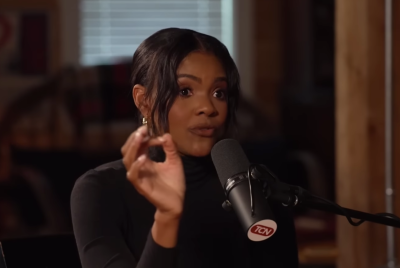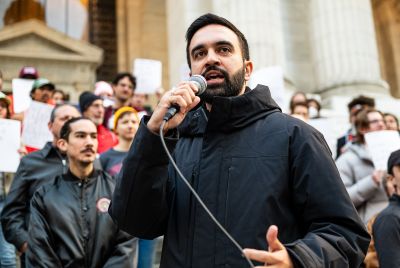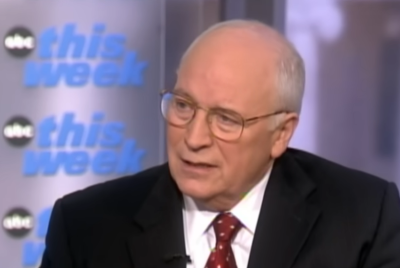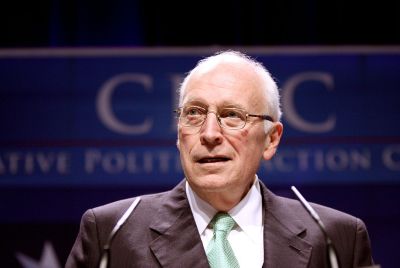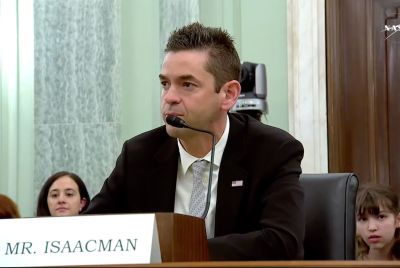Libya: A conflict that divides the International community?
While the headlines surrounding the Libyan conflict are becoming more and more political with The ICC chief prosecutor Luis Moreno-Ocampo seeking the arrest of Libyan leader Colonel Muammar Gaddafi and two others for crimes against humanity, and Russia and America taking opposite positions over NATO's strategy, how is the Libyan conflict really evolving, if at all, and will NATO keep its hard-line policies?
While the conflict itself seems to be stagnating as rebel forces fail to manage to gain a huge territorial advantage on the ground, many observers agree that the Libyan conflict seems to have reached, in the last few weeks, a stalemate. Even the news that the rebels had now taken full control over the western city of Misrata did not fundamentally change the fact that Gaddaffi still is in power and still has supporters. However, rejecting the idea of a military stalemate, following talks with his French counterpart, UK Defence Secretary Liam Fox insisted on the need for the coalition operation to continue. "It is very important," said Mr Fox, "that we give no sign of any wavering in our resolution."
If on appearances all is well and the coalition seems certain of a positive outcome, behind the scenes, however, there is growing concern over the duration of the campaign and the fact that political games and rhetoric are gaining more and more importance.
An international community divided
The United States clearly wants to adopt an even more pro-active anti-Gaddafi campaign, as Prof Tony Cordesman of the Centre for Strategic and International Studies in Washington, stated: "The mission can only succeed if Gaddafi and his regime are made the primary target and driven from power. Pretending that a no-fly zone or striking at small, dispersed Libyan units can be sufficient is farce and not the effective use of force." Furthermore, Andrew Bacevich, Professor of International Relations at Boston University, commented, "NATO has gotten itself into a real pickle",
On the other hand, Russian Foreign Minister Sergei Lavrov seemed to indicate that by targeting Libyan leader Muammar Gaddafi and his relatives NATO attacks are "going overboard". He said, "The coalition is, in effect, openly declaring that its task is regime change [in Libya].He reiterated Moscow's view that the coalition is supporting only one side in the conflict. "There is only one way out. An immediate ceasefire, as Russia has already proposed at the Security Council. Then a search for a solution through mediation."
Violence in Libya, which began in mid-February, has already claimed thousands of lives, and it seems that the conflict is far from over.
© Copyright IBTimes 2025. All rights reserved.



